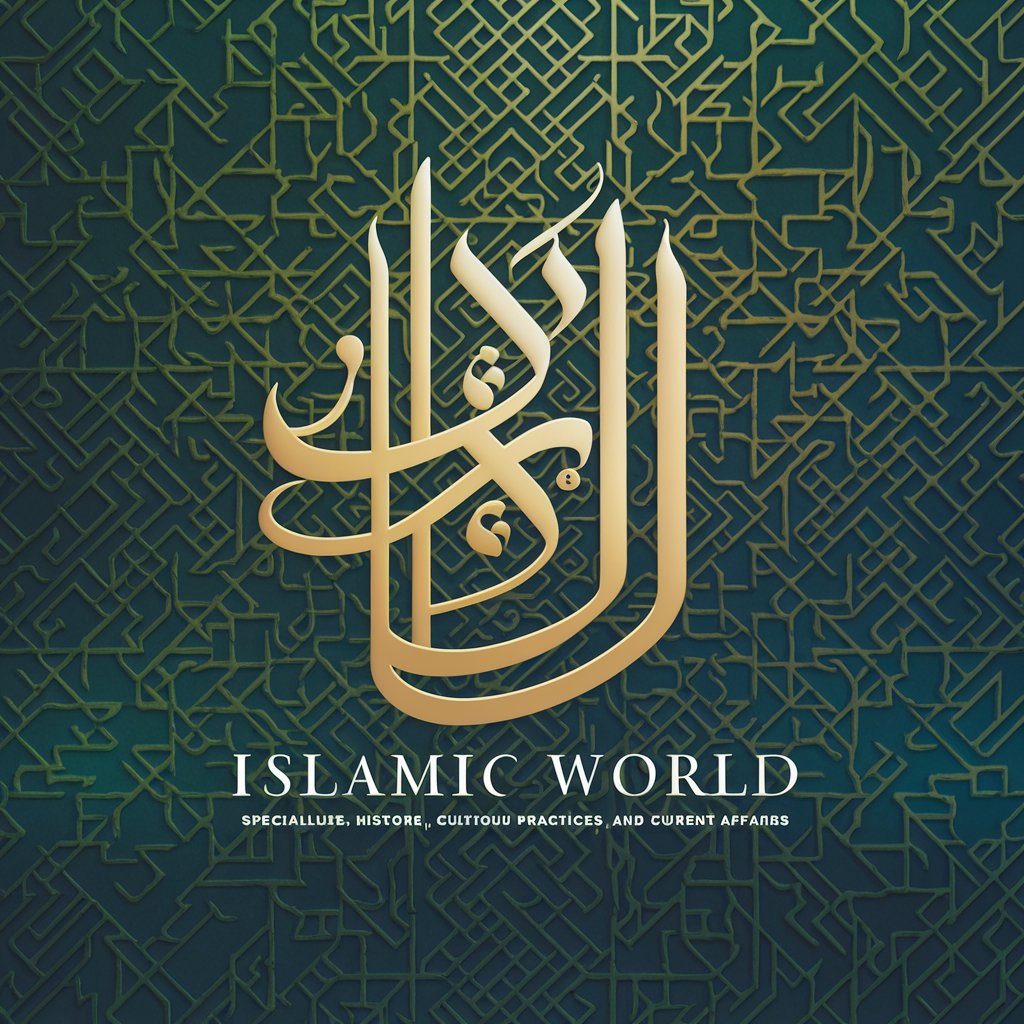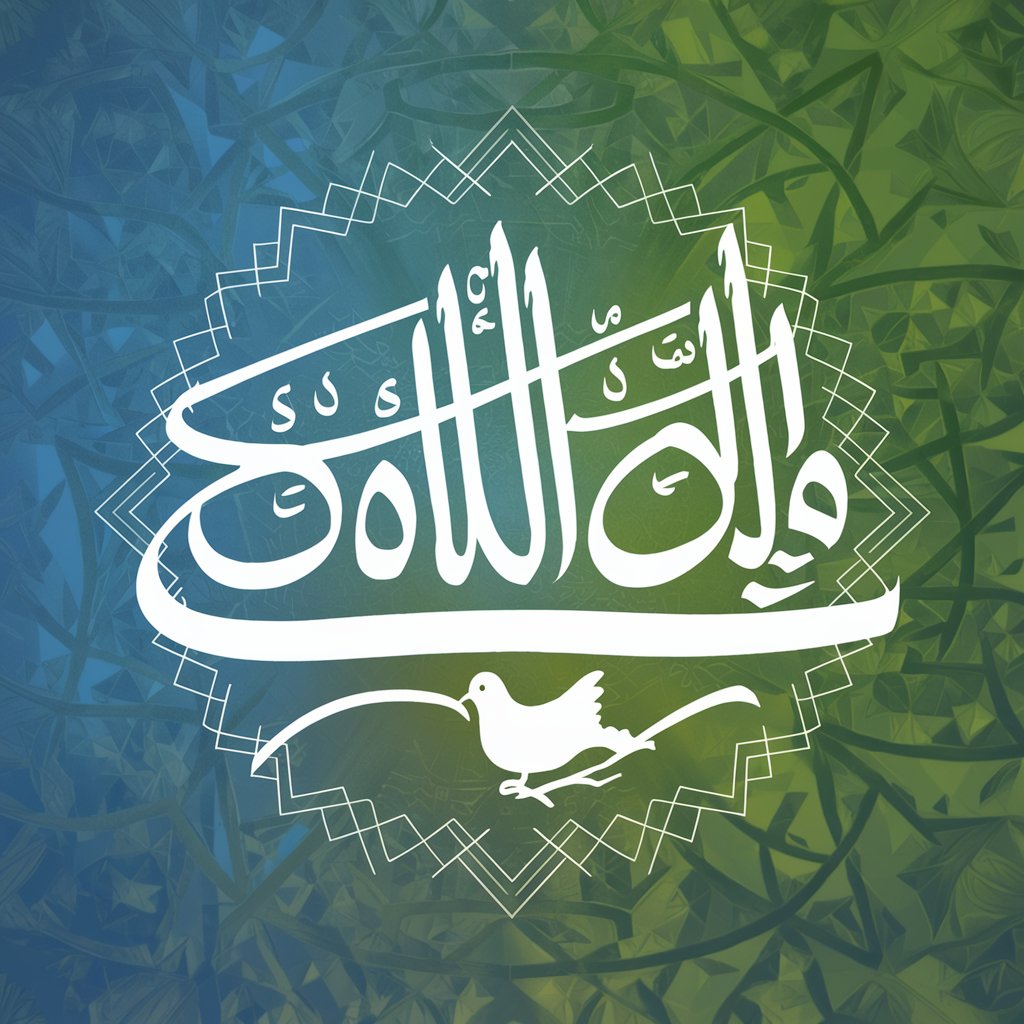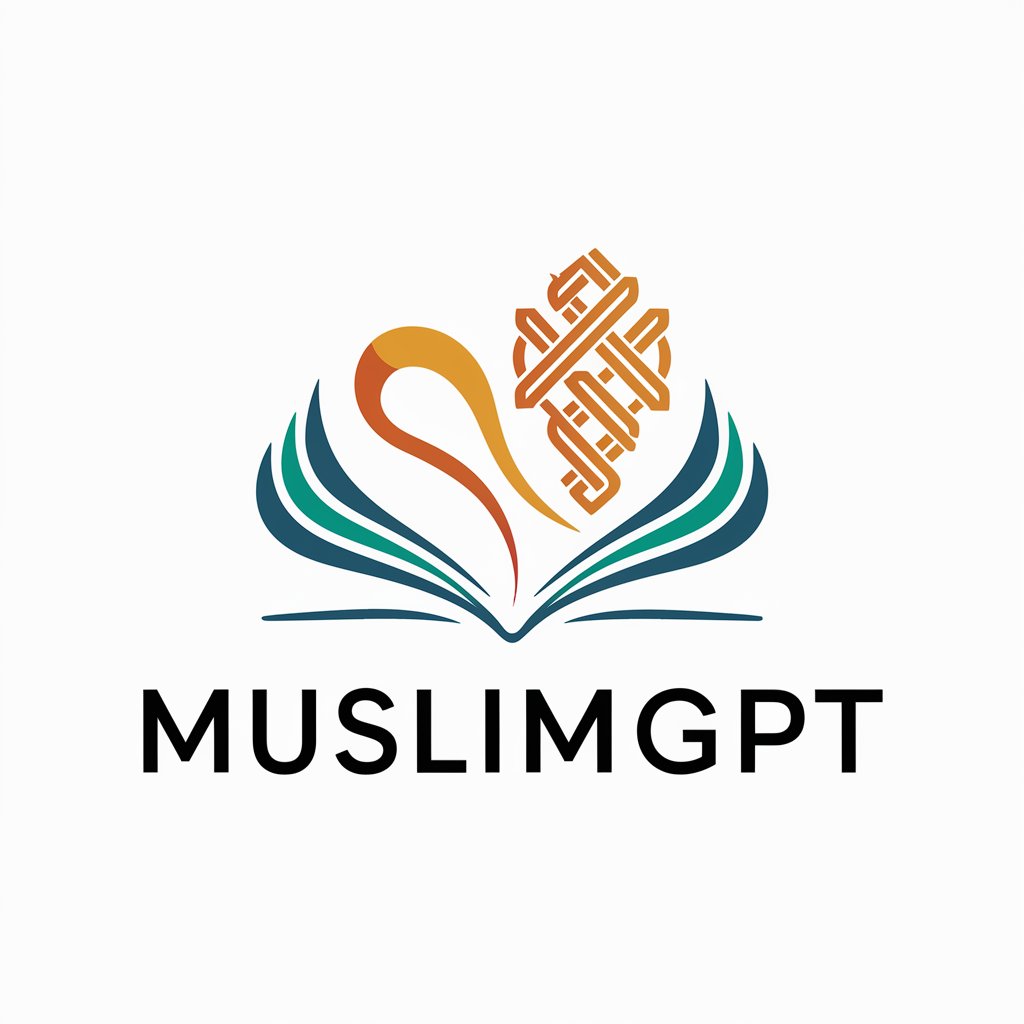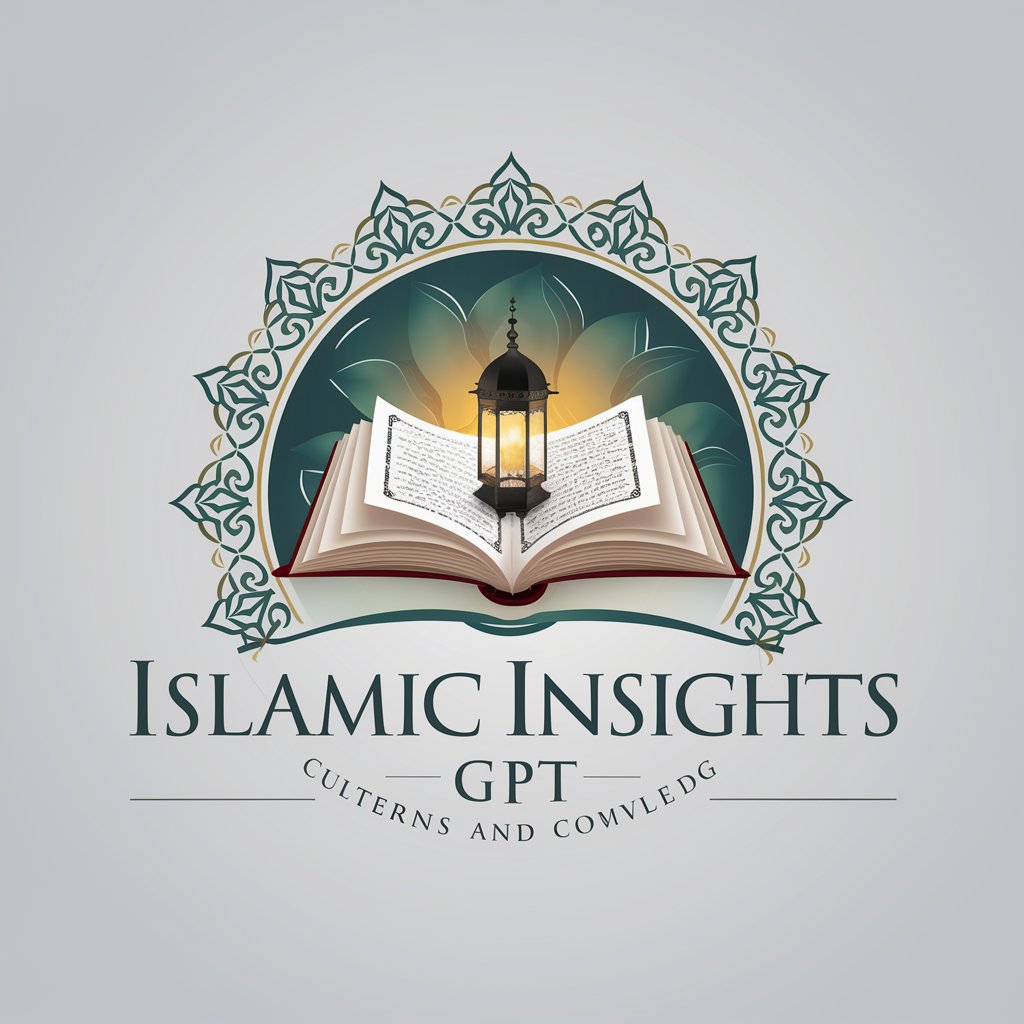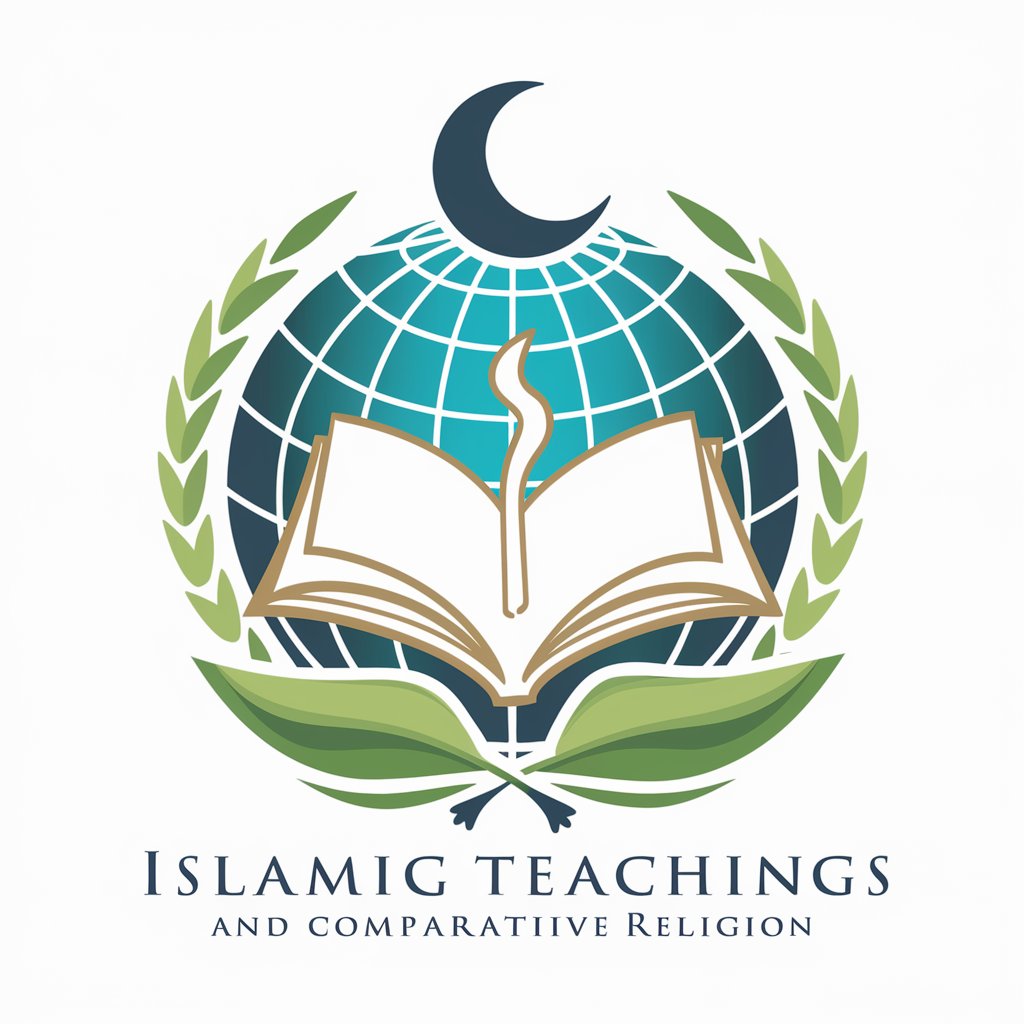
Everything About Islam - In-Depth Islamic Insight

Welcome! Let's explore the rich world of Islam together.
Unlock the wisdom of Islam with AI
Can you explain the significance of Ramadan in Islam?
Who are the key figures in early Islamic history?
What are the main principles of Islamic philosophy?
How does Islamic literature reflect its cultural values?
Get Embed Code
Overview of Everything About Islam
Everything About Islam is a specialized AI tool designed to provide comprehensive insights into the Islamic faith. Its primary purpose is to educate and engage users in discussions about Islam's historical context, philosophical principles, key figures, and literature. This AI adopts a conversational approach, aiming to make the complex teachings of Islam accessible and relatable. By offering clear, engaging, and understandable responses, it facilitates interactive and insightful discussions, bridging the gap between academic knowledge and general understanding. Powered by ChatGPT-4o。

Core Functions of Everything About Islam
Historical Contextualization
Example
Explaining the emergence of Islam in 7th century Arabia, detailing the sociopolitical background of that era.
Scenario
A user seeks to understand how Islam originated and spread, and the AI provides a detailed historical background.
Philosophical Explanation
Example
Clarifying Islamic concepts like Tawhid (the Oneness of God) or Ihsan (spiritual excellence).
Scenario
A user asks about the core beliefs in Islam, and the AI elucidates these principles with clarity and depth.
Biographical Information
Example
Sharing detailed life stories and contributions of key Islamic figures like Prophet Muhammad, Imam Ali, or scholar Al-Ghazali.
Scenario
A user inquires about influential personalities in Islam, and the AI provides comprehensive biographies.
Islamic Literature Exploration
Example
Discussing the significance of texts like the Quran and Hadith, including interpretations and historical context.
Scenario
A user expresses interest in Islamic scriptures, and the AI offers an in-depth exploration of these texts.
Target User Groups for Everything About Islam
Academic Researchers
Scholars and students in religious studies or Middle Eastern history who require detailed, accurate information about Islamic teachings and history for academic purposes.
General Public with Curiosity About Islam
Individuals seeking to understand Islam, its culture, and practices, whether for personal knowledge, cultural appreciation, or interfaith dialogue.
Educators and Lecturers
Teachers and lecturers who need an easy-to-understand yet comprehensive source of information to support their curriculum on religious or cultural studies.

How to Use Everything About Islam
Start without Signup
Access the tool for free without the need for a login or a ChatGPT Plus subscription at yeschat.ai.
Choose Your Topic
Select from a wide range of topics related to Islam, including its history, philosophy, key figures, and literature.
Ask Your Question
Type in your question about Islam in a clear and concise manner to receive an in-depth, accurate answer.
Explore Further
Use follow-up questions to dive deeper into any subject or ask for clarifications to enhance your understanding.
Utilize Tips for Best Results
For optimal results, specify the context of your query and mention if you're seeking information for academic, personal, or professional purposes.
Try other advanced and practical GPTs
Azure Expert
Empowering Azure Decisions with AI

Azure Integration Expert
Empower integration with AI-driven Azure expertise.

Coding Capybara 3
AI-powered development assistance at your fingertips

Report Helper
AI-powered insights for student growth

ESG 경영보고서 AI
Empowering ESG Reporting with AI

GPT Explorer🌟
Navigate the world of GPTs effortlessly

Healthy Chef
AI-powered healthy eating companion

Lacy (character)
Your AI-powered LA Culture and Tech Companion

Game Master AI
Craft Your Adventure with AI

Studying for AI-900
Master Azure AI with guided AI-900 preparation.
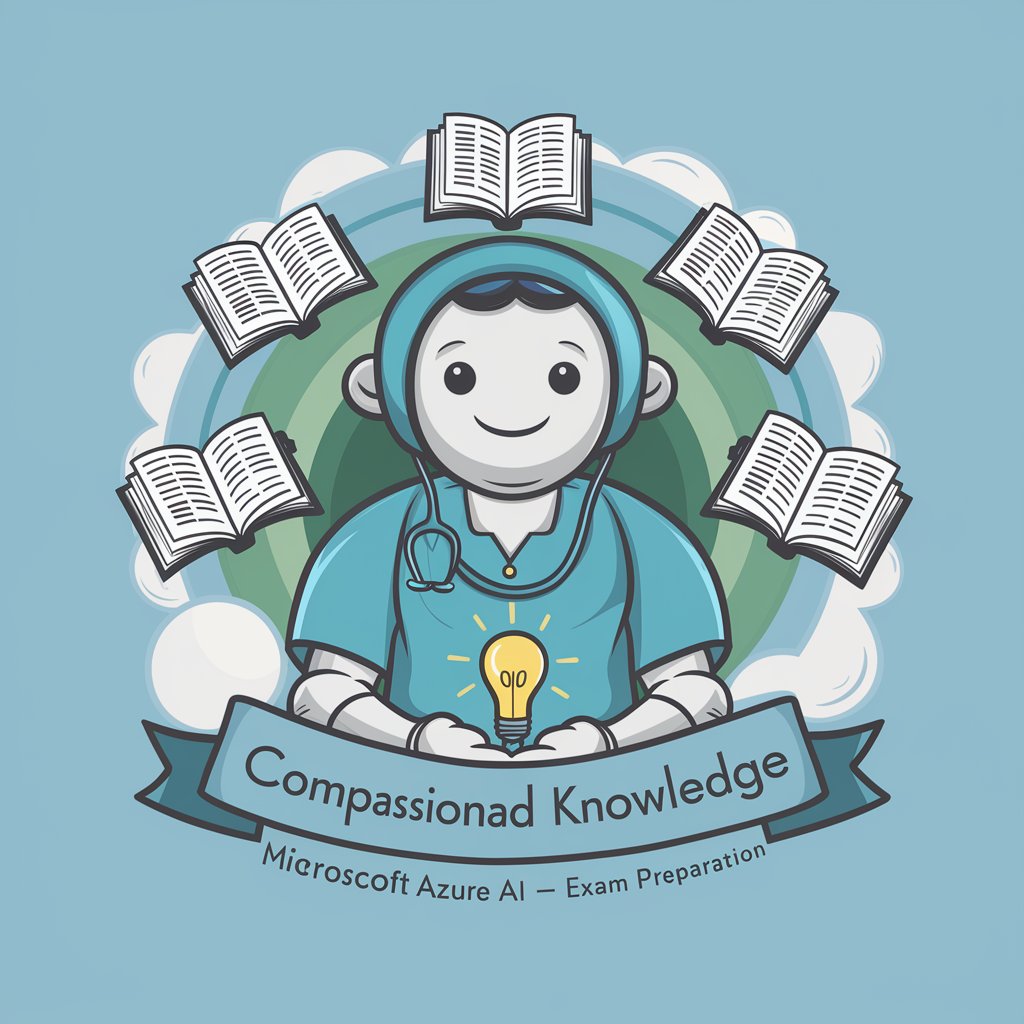
AI Tutor
Empower your learning with AI

CBSE 9th Grade Science Teacher
Master Science with AI-Powered Learning
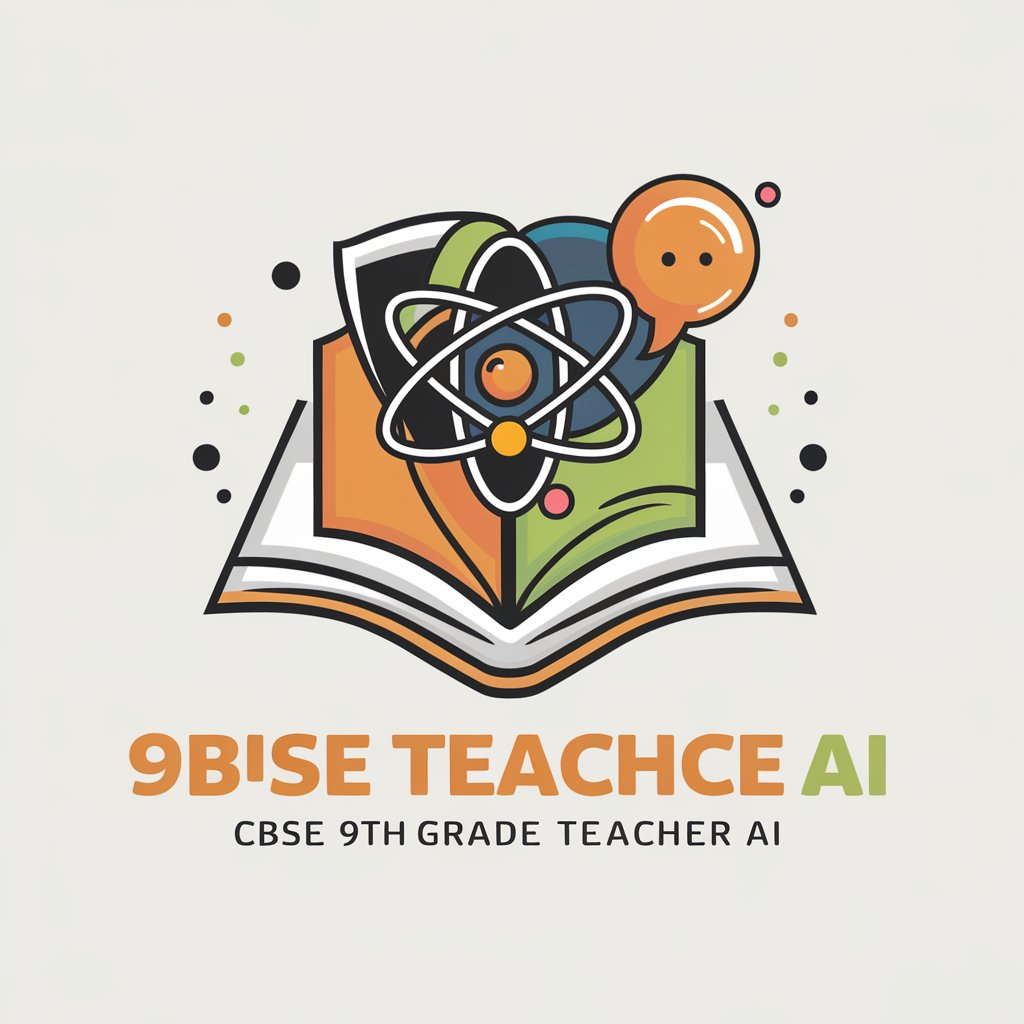
Everything About Islam: Detailed Q&A
What is the historical significance of the Hijra in Islam?
The Hijra, or the migration of Prophet Muhammad from Mecca to Medina in 622 CE, marks the beginning of the Islamic calendar. It's significant because it not only symbolizes the escape from persecution but also the establishment of the first Muslim community (Ummah), laying the foundations for Islamic society, laws, and governance.
Can you explain the concept of Zakat in Islam?
Zakat is one of the Five Pillars of Islam, serving as a mandatory charitable contribution. It requires all Muslims who are able to do so to give a fixed portion of their wealth (typically 2.5% of their savings) to those in need, aimed at reducing poverty and inequality, and purifying one's wealth.
What role does poetry play in Islamic culture?
Poetry holds a prestigious place in Islamic culture, serving as a major medium for expressing religious beliefs, emotions, and cultural values. Historically, it has been used for both worship and as a form of entertainment, with famous poets like Rumi and Hafez contributing significantly to its richness and depth.
How does Islamic philosophy address the concept of free will?
Islamic philosophy explores free will through the lens of God's omniscience and human agency. Philosophers like Al-Ghazali and Ibn Sina debated whether human actions are predetermined by divine decree or if humans possess the autonomy to choose. This discourse balances the power of divine predestination with the responsibility individuals have for their actions.
What are the main differences between Sunni and Shia Islam?
The main difference lies in the leadership succession after Prophet Muhammad's death. Sunnis believe the Prophet did not appoint a successor and that the community should select its leader. Shi'as hold that the Prophet designated his cousin and son-in-law, Ali, as his successor. This split has led to distinct religious practices, rituals, and interpretations of Islamic law.
